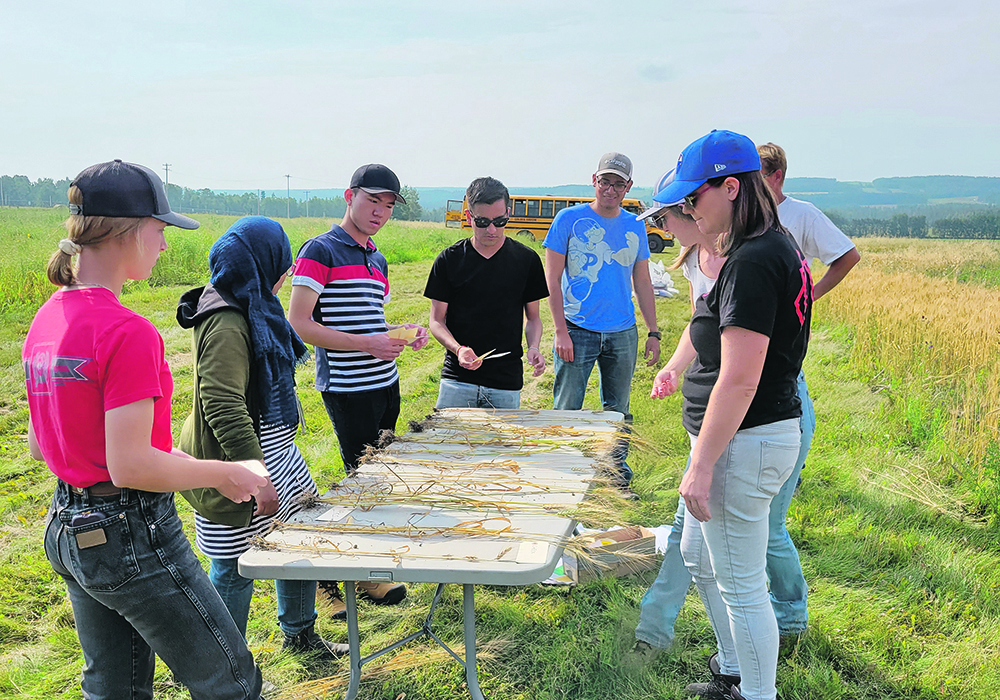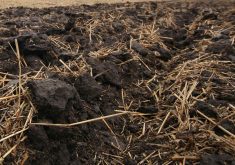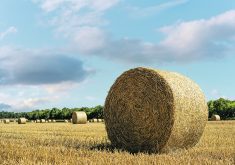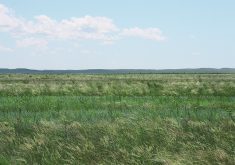Future farmers and agricultural specialists are finding mind-broadening opportunities at their summer jobs through an internship program offered through the University of Alberta’s agricultural department.
The Work Experience in Agriculture course is designed to help budding agrarians take academic training into the broader world. Second- and third-year students, while on the job, build targets for soft skills in leadership, listening, communication and time management that their academic training has not exposed them to.
Linda Gorim, assistant professor and Western Grains Research Foundation chair in cropping systems at the U of A, runs the program. She recognized a gap in transferable skills in new agricultural graduates while at the University of Saskatchewan. With $350,000 in funding, she helped develop a work experience course that is running under the plant sciences department.
Read Also

Using artificial intelligence in agriculture starts with the right data
Good data is critical as the agriculture sector increasingly adopts new AI technology to drive efficiency, sustainability and trust across all levels of the value chain.
At the U of A, Gorim continued to see the need.
“Tons of students struggle with self-confidence,” she says.
Gorim’s position as WGRF chair encourages industry leaders to speak to universities and have a say in the skill sets they need.
“Students nowadays are exposed to gadgets and … I worry that people will be spending all their time on their phone,” she says.
Since the pandemic, communication skills have slipped and can be compounded by other factors such as students coming from close-knit family farms, where there is a high level of trust and understanding that can be more unspoken. As well, there are some international students who have been sent by their families to become experts in agriculture. These new agricultural workers have often been unprepared for the demands placed on them by the corporate world.
Agriculture students or other students in applied sciences are recommended to the course by professors who see need a boost the student’s soft skills.
The student is required to find their own four-month summer job in any area they choose.
Then, Gorim has the student set out the skills they want to build.
“This learning agreement is an agreement between the university, the student and the supervisor at the job site,” Gorim says.
The course opens with a week of lectures on methods of developing soft skills such as public speaking, writing, work-life balance and listening to instructions. Then, there is a bi-weekly reflection that the students write on how things are going at the job. These are read by Gorim to note if there are areas of concern.
The work-internship program is to help the students learn life skills that they can apply to all areas of their lives, and not be “… sitting in the corner and playing on your cellphone all day long,” says Gorim.
Students get can use many different jobs to get into the program, “…everything from agriculture, to city council, to county research centres across the province, like the applied research stations,” says Gorim.
After its second year running, Gorim has received calls from past employers saying how focused the intern was. The students also have shown strong personal growth, she says, and demand for enrolment has grown from 12 last year, to 21 this year.
With new funding of $50,000 from private donors Val and Morley Blanch, Gorim has hired a part-time assistant.
As well as the four-month work experience course, Gorim offers a week-long immersive course called Exploring Field Crop Agronomy, in which students are exposed to real farms, often where non-conventional methods are used, such as organic, regenerative or irrigation farming.
Industry support has come in way of funding from the Alberta Wheat and Barley Commission, Alberta Canola Producers and Alberta Pulse Growers, which contribute to the cost to take the students out in the field.
“My goal is to get every student as dirty as possible. I have them crawling in the fields and the irrigation systems, testing things, popping things. I have them digging in the ground, trying to determine seeding rates by themselves …,” Gorim says.
Hands-on experience of as many different methods of agriculture as possible are then explored in-depth in lectures.















